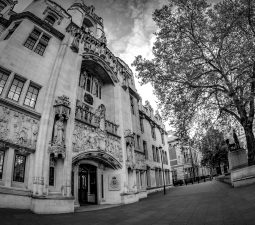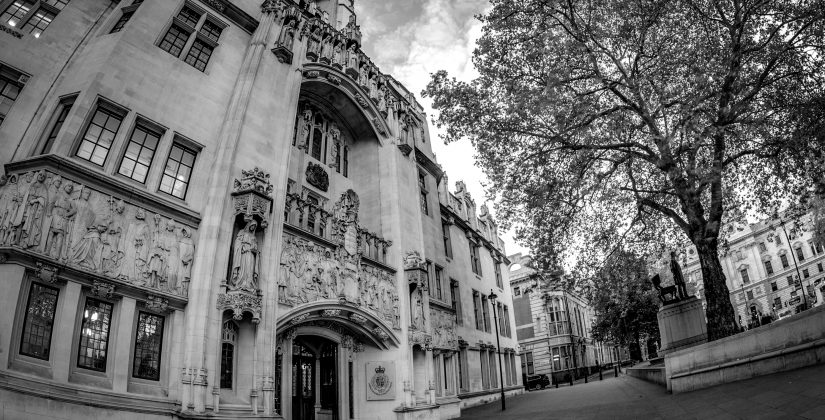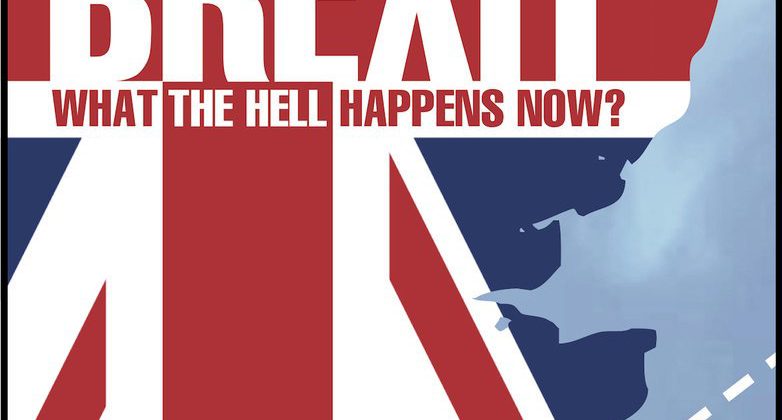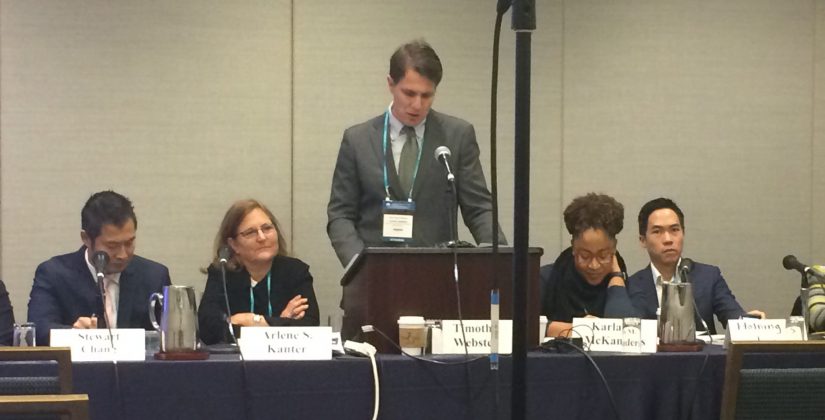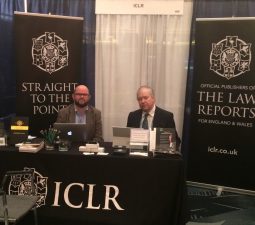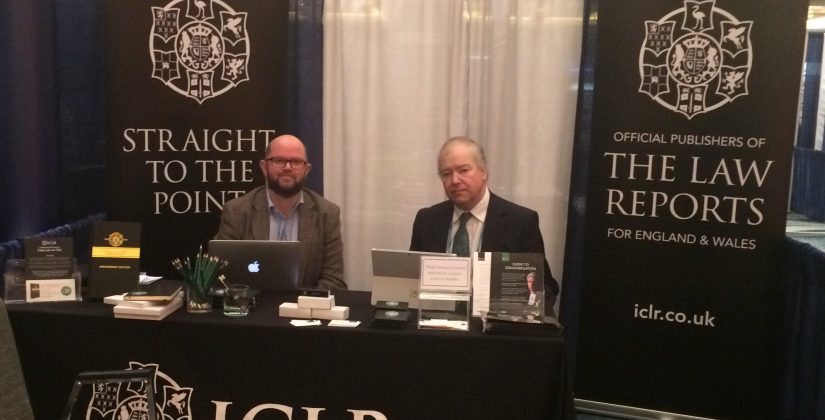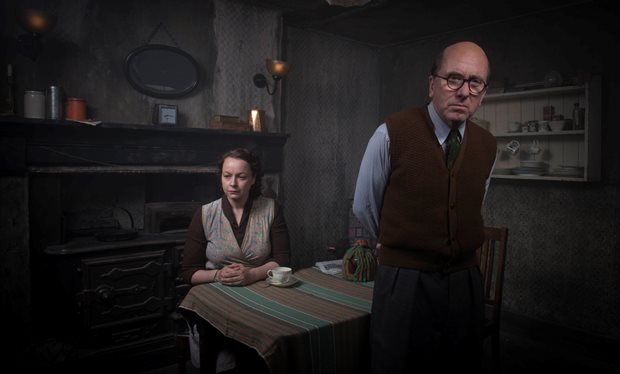Blog
News, analysis, comment and updates from ICLR's case law and UK legislation platform
David Burrows continues his series discussing the impact on family law and practice of legal developments in other areas, with the first of two articles on the common law doctrine of precedent. 1. Precedent: a search for certainty in law Certainty and the law In his Sir David Williams lecture The Rule of Law 2016… Continue reading about Family law no island (5): Precedent — a search for certainty in law
This week’s roundup of legal news and comment is all about the Law versus the Executive, with our Supreme Court upholding parliamentary sovereignty in the face of a trigger-minded executive at home and federal judges blocking executive overreach in the USA. Yes, it’s all been kicking off this week, but there’s a lovely ray of… Continue reading about Weekly Notes: legal news from ICLR – 30 January 2017
This week’s roundup of legal news and comment includes a prime minister, three presidents, a consultation, and another referendum. No one can say it hasn’t been an eventful week! Politics May’s big speech: a hard (boiled) Brexit On Tuesday Theresa May delivered her much talked-up and widely anticipated speech on the UK’s big “plan” for… Continue reading about Weekly Notes: legal news from ICLR — 23 January 2017
The Brexit vote took the nation by surprise. For those who voted to Leave, exiting from the EU can’t happen fast enough. But few seem to appreciate what is actually involved in achieving this. Ian Dunt’s book examines the options and implications, and makes clear that the referendum result was only the start of a… Continue reading about Brexit: what the hell happens now? Book review
This opening salvo of our regular termtime bombardment of recent legal news and comment includes a war law jaw, a mailmash on lawyers’ earnings, a mismatch on hate speech, and a ban on abusive cross examination. Plus legal snippets from foreign climes. International law AG: it’s war! But not as we know it The Attorney… Continue reading about Weekly Notes: legal news from ICLR — 16 January 2017
Continuing his series discussing the impact on family law and practice of legal developments in other areas, David Burrows questions Sir James Munby’s recent announcement that primary legislation is required to remedy the situation in which the victim of alleged abuse can face cross-examination by their alleged abuser in the family courts in a manner… Continue reading about Family law no island (4): A metwand for family proceedings — common law and vulnerable witnesses
At a panel presentation given at the Annual Meeting 2017 of the Association of American Law Schools in San Francisco this week, six law professors gave short talks on the topic of Human Rights Outside the West. Although each speaker approached the topic from a different perspective, there was a common theme: how well has… Continue reading about Human Rights in the World: Why the West is not necessarily the Best
The story so far… Paul Hastings and Paul Magrath of ICLR are in San Francisco for the 2017 Annual Meeting of the Association of American Law Schools. We’re at Booth No 406 in the Exhibition Hall, sweltering under the chandeliers of what is otherwise known as the Grand Ballroom. Hundreds of law school deans, professors… Continue reading about #AALS 2017 Conference Diary
Team ICLR will be attending the 2017 Annual Meeting of the Association of American Law Schools in San Francisco from January 3 to 7. This year’s theme is “Why Law Matters”, which seems particularly topical in the context not only of promoting public understanding of and access to laws, but also the dilution of respect… Continue reading about ICLR at AALS 2017 – New Year in San Francisco!
The BBC’s three-part dramatisation of the tale of one of Britain’s most notorious serial killers was creepily authentic in its characterisation and atmosphere, but the mini-series left more questions than answers, says Paul Magrath in this review. Here’s something a bit spooky. Some years ago, a friend of mine who lives in Notting Hill attempted… Continue reading about Rillington Place — Psycho-Pathé News meets Dr Stranglelove

